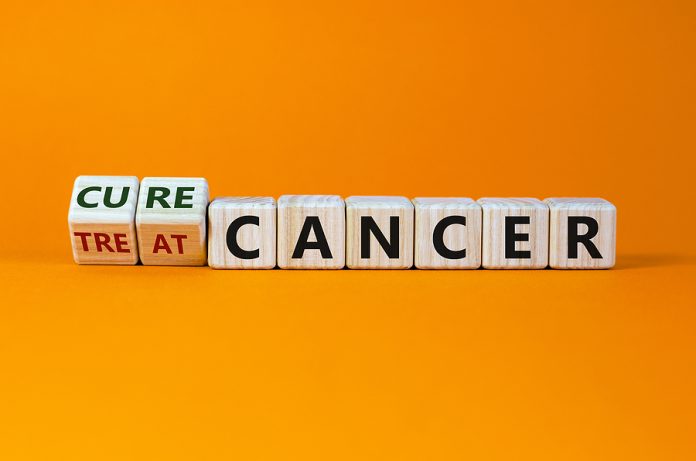Limited access to healthcare due to the pandemic and its impact on diagnosis and the early treatment of cancer in 2020 were important topics of discussion at a World Cancer Day event on Thursday focused on ‘Cancer care during COVID-19’.
Representatives of charities and medical professionals convened at the forum in order to address the number of cancer cases in 2020 that is expected to have increased due to the COVID-19 health crisis and resultant lockdown measures and restrictions.
The Cayman Islands Breast Cancer Foundation was one of several charities that expressed concern about the rising numbers of cancer cases.
Janette Fitzgerald, chief administrator of the charity, described the high number of individuals approaching the Breast Cancer Foundation for assistance.
Dr. Lundie Richards, an oncologist with the Health Services Authority, delivered a presentation at the event to elucidate the consequences of the restrictions on cancer care in the Cayman Islands.
Throughout the lockdown period, medical facilities limited accessibility to emergency cases only in order to prevent COVID-19 transmission amongst individuals with compromised immune systems. Dr. Richards’s presentation showed that while the most vulnerable individuals may have avoided contracting the coronavirus as a result of the lockdown restrictions, some patients missed routine wellness checks and health screenings during which cancer cases could have been identified.
Fitzgerald explained that other complications also interfered with cancer treatment during the lockdown period. Mammograms were inaccessible during the lockdown period at local hospitals, as only OceanMed healthcare facility was performing mammograms.
For patients under the care of doctors based overseas, travel restrictions meant that they could not get the follow-up scans they required. Some doctors refused to accept scans from hospitals and other facilities out of their network.
Months later, more patients are being diagnosed with all kinds of cancer, and many cases involve advanced cancer or cancer that is at a later stage than expected.
Some patients need assistance from cancer charities because they have lost their jobs and, therefore, their health insurance.
The Cancer Society, represented at the event by operations manager Jennifer Weber, is offering financial help to patients whenever possible and referring patients to other agencies like the Needs Assessment Unit or the Department of Children and Family Services.
While financial worries plague some patients, others feel psychologically unsupported because they must undergo chemotherapy or immunotherapy alone as relatives and friends are no longer permitted to accompany them to the hospital. As chemotherapy treatments can last for 18 months, the cumulative effect of enduring the treatment alone can take a toll on a patient’s mental health.
The palliative and hospice care facility Jasmine is also experiencing a rise in patient referrals for symptom management. Because radiation treatment for cancer is not available on Cayman, patients must travel to receive it, and the travel restrictions means cancer patients must seek care for their symptoms locally rather than overseas.
At the forum, Dr. Delroy Jefferson, Health Services Authority Medical Director, spoke about cancer screenings, explaining that at HSA, colonoscopies and prostate tests especially are back to pre-coronavirus levels.
He encouraged members of the public to get screened now, while there are no reports of COVID community transmission, if they had any concerns related to cancer.
Dr. Richards also encouraged anyone living with cancer to be vaccinated. According to recent research, cancer patients most vulnerable to the coronavirus are the elderly, patients with blood cancers like leukaemia, and patients who are being treated with chemotherapy currently or in the recent past.
Cancer registrar Amanda Nicholson, representing the Cayman Islands Cancer Registry, spoke at the forum about the number of people who registered with the Cancer Registry over the lockdown period.
For three months over the lockdown period, patients without a computer and/or internet access, could not register with the Cancer Registry. During those months, the registration numbers were low, and the numbers went up only over the months after the easing of lockdown restrictions.
Nicholson explained to the forum that she believed registrations numbers increased because patients who could not register via email or online during lockdown chose to register once they were able. As well, post-lockdown, the Cancer Registry’s partner agencies are again able to facilitate the registration process for cancer patients.
In total, approximately 550 and 600 people are now registered with the Cancer Registry. Amongst men, the most common cancers in the Cayman Islands are prostate (17%), blood cancers (13%), and lung cancer (12%). Amongst women, breast cancer is the most prevalent at 53%, followed by colon cancer (7%) and ovarian cancer (5%).


